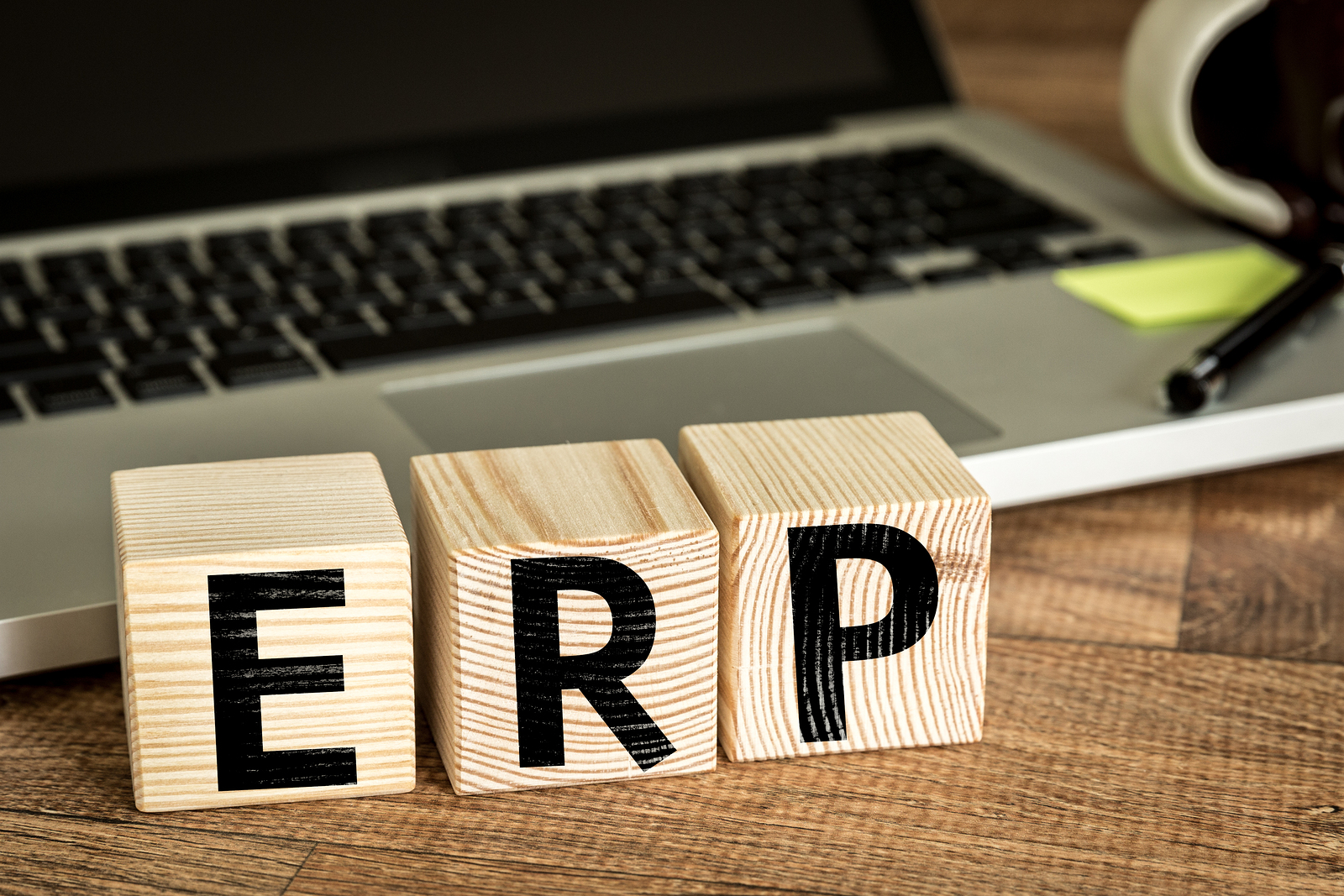ERP software is implemented in retail and manufacturing sectors, but it ignores the needs of distributors and wholesalers. These ERPs need in-depth functionality in a few areas that do not come under retail and manufacturing businesses. Four business areas that ERPs influence include:
- Managing distribution process
- Streamlining supply chain
- Empowering retail and e-commerce sectors
- Tackling back-office operations
Apart from all these operations, any ERP system, which is developed by leading ERP development company, include special modules designed for distributors and wholesalers; these special capabilities include:
- Improving business platform capabilities
- Introducing location-specific functionalities
- Revealing software delivery modules
For now, here are the descriptions of different ERP modules or features that revolutionize the way an enterprise works.
- Distribution process management
This module includes six main areas; they are as follows:
-
Distribution Requirement Planning
Also known as DRP, this sub-section is the planning engine that is similar to manufacturing requirement planning, but it is engineered to tackle all the needs of distributors and wholesalers.
-
Sales Management:
In this sub-module, everything related to sales is automated; this module streamlines every entry of a customer’s orders and it even tracks the status. This section is built to manage complex pricing agreements, process the details of return goods, and streamline inventory allocation procedures.
-
Procurement Management:
This sub-module is responsible for tracking a supplier’s contract terms and compliances and organizing the purchasing finishing goods, semi-finished products, and raw materials.
-
Quality Management:
This sub-section ensures that the company complies with all the quality standards that it has realized. In short, this module is completely responsible for quality control throughout an organization.
-
Customer Relation Management:
This sub-module includes a vast range of functionalities comprising sales force automation, campaign and leads management, and customer service.
-
Barcoding and Radio Frequency Identification:
Also referred to as RFID, this module is important for every wholesaler and distributor as it allows a manufacturer to label products with barcodes so that they move across supply chains efficiently and agile. The movement of goods along the supply chain is streamlined when they have RFID tags.
- Supply Chain Management (SCM)
The sub-modules of this section include:
-
Warehouse Management System:
When it comes to streamlining day-to-day activities of a warehouse, then a Warehouse Management System (WMS) comes into play. A reliable WMS supports paperless, quick management of warehouses.
-
Transportation Management System:
Also known as TMS, this module enables the organization and management of careers, trade lanes, and other multi-leg moves.
-
Global Trade Management:
This sub-module tracks and manages product data along with compliance issues so that cross-border business transactions become a breeze.
-
Supplier Relationship Management:
This sub-section empowers companies and suppliers to communicate regarding products, logistics, services, and compliance.
- Retail and E-commerce
This module streamlines the transactional path for B2B and B2C transactions. The sub-modules of this section include:
-
Web-based Multichannel Commerce:
This sub-module improves e-shopping experience for businesses and customers. This module can even provide the capabilities of searching, comparing, and buying products/services online.
-
Retail and Point-of-Sale (POS) software:
This sub-section tracks, analyzes, and records every transaction and data set at all retail locations of a business.
- Back-office Operations
This section comprises several sub-modules such as:
-
Financials Applications:
This sub-section manages and organizes different financial resources of a company. The digital components available in this module comprise account payable, general ledger, cash management, account receivable, and financial reporting.
-
Contract Management:
With this sub-module, rebate and chargeback processing and other multiple contract management tasks become simpler than ever.
-
Human Resource:
If it is about managing personnel-related tasks, then this is the sub-module to have in an ERP system. Whether it is personnel management or payroll management, this sub-section does it all with great ease.
You have just read the top features that every reliable ERP system should have to ensure that organizational working becomes smoother and more efficient than ever.


 admin
admin


